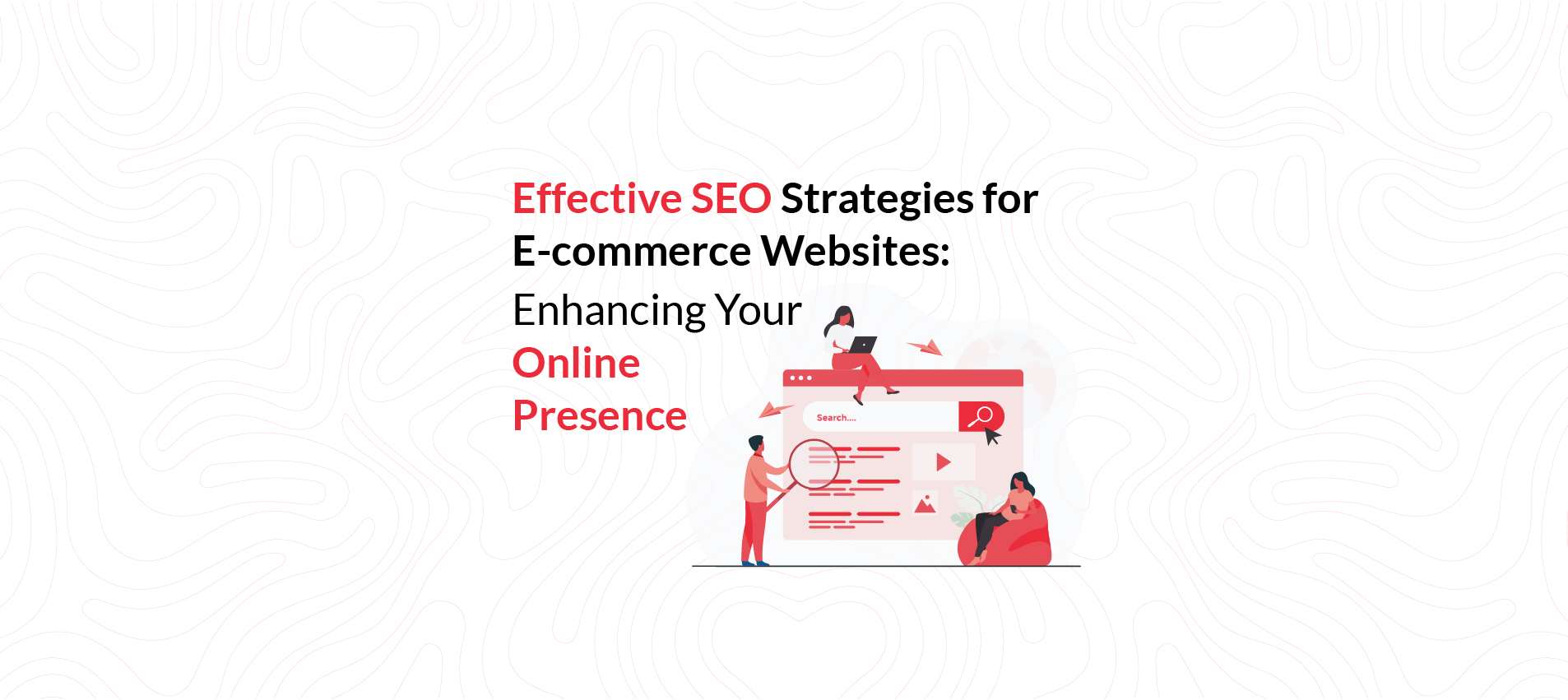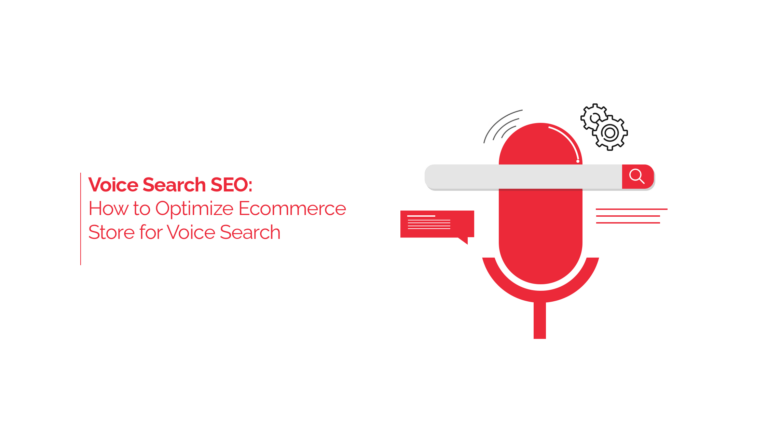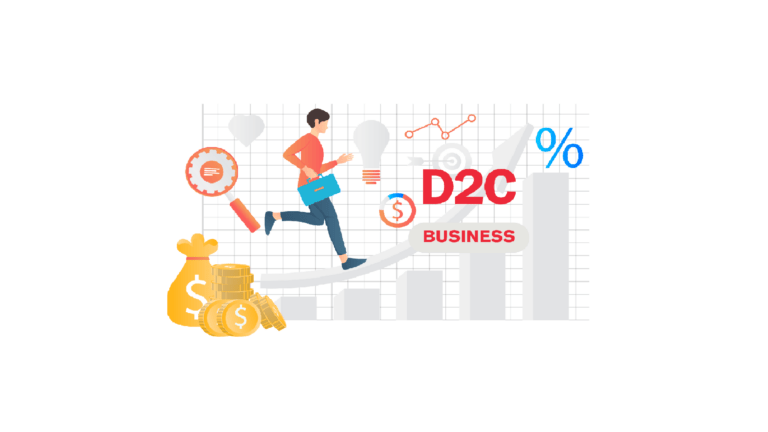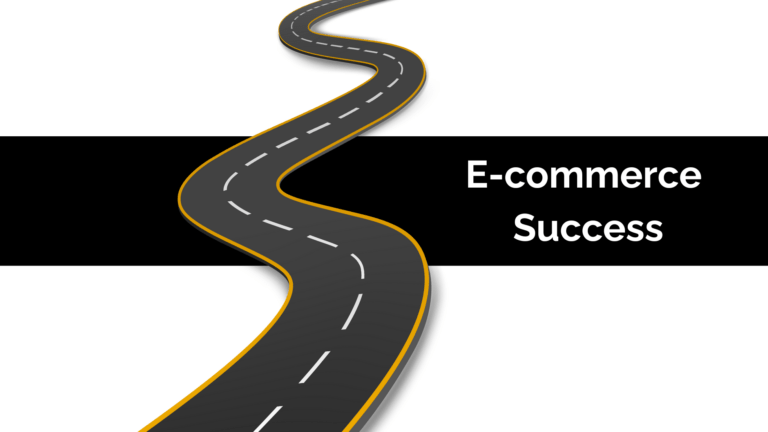The Ultimate Ecommerce SEO Strategy to Boost Your Online Store’s Visibility
You’d be surprised how often a simple Google search sparks a new purchase. In fact, over 60% of online shopping journeys begin that way. That tiny search bar? It decides who gets noticed and who gets ignored.
So, if your ecommerce site isn’t showing up where it counts i.e. on page one – you’re likely missing out on serious traffic (and sales). While paid ads get you quick attention, they vanish the moment your budget dries up.
That’s where SEO steps in. It’s your long-term play. It builds visibility brick by brick, and the results keep compounding. In this guide, you’ll learn how to optimize your store’s content, structure, and credibility for higher rankings and better conversions—without relying on paid ads forever.
Let’s break ecommerce seo strategy all down.
Understanding Ecommerce SEO
Ecommerce SEO is the process of optimizing your online store so it ranks higher in search engines like Google. It focuses on improving product pages, category pages, and technical elements so shoppers can find you when searching for what you sell. Done right, it brings free, consistent traffic that turns into sales without paying for ads.
What is ecommerce SEO and why it matters in 2025?
Ecommerce SEO is simply the practice of making your product and category pages show up in search engines when customers are actively looking for them. Sounds simple, right? But with thousands of competitors and smarter-than-ever algorithms, ranking is no longer a basic game of keyword stuffing.
In 2025, the stakes are higher. Shoppers expect relevant results fast, and Google expects your site to be fast, secure, informative, and cleanly structured. Miss any one of those things, and you’re probably not even in the race.
How is ecommerce SEO different from traditional SEO?
Regular websites might have a few dozen core pages. Ecommerce sites? Easily hundreds or thousands. That means way more moving parts: product variants, dynamic URLs, duplicate content risks, slow-loading pages, and so on.
You’re not just optimizing content.You’re optimizing scale. Ecommerce SEO must account for crawl efficiency, filter navigation, schema markup, and conversion-friendly content all at once. Traditional SEO simply doesn’t have to juggle that much complexity.
The role of SEO in your customer acquisition funnel
Think of SEO as the digital path customers walk before they buy. At the top of the funnel, someone searches for “best trail running shoes for women.” That blog post you wrote? It catches their eye. As they move down the funnel, they hit your category page—optimized for “women’s trail shoes.” And when they’re ready to buy? Your product page is waiting, with fast load time, reviews, and an easy checkout.
Technical ecommerce SEO doesn’t just bring visitors. It walks them from curiosity to purchase without you lifting a finger.
On-Page Optimization – Make Every Page Count
Every single page on your ecommerce site needs to pull its weight. From titles to images to descriptions, let’s talk ecommerce SEO best practices:
Optimize title tags, meta descriptions, and H1s
Your title tag is what shoppers see first on Google. Don’t waste it. Say you sell yoga mats. Compare “Mat-X500 Blue” vs “Non-Slip Eco-Friendly Yoga Mat | Free Shipping.” The second one gives clarity and incentive.
Meta descriptions don’t impact ranking directly, but they affect click-through rates. Keep them keyword-rich, but human. H1 tags? They should match the product or category and reflect what users are looking for.
Use image alt text and compress images
Slow sites kill conversions. Use compressed, optimized images that load quickly without ruining quality. And every image? Needs alt text. It helps visually impaired users and boosts your SEO.
So instead of “image123.jpg,” go with: alt=”black leather laptop backpack for men”.
Create unique product descriptions
Never and we mean never copy the manufacturer’s description. Google sees that duplicate content and either skips ranking your page or ranks it low.
Write it fresh. Talk like your customers talk. Answer real questions: “Is this waterproof?” “Can I fit a 15-inch laptop?” Focus on benefits, not just specs.
Use structured data (schema) for rich results
Want to show up with review stars, prices, and stock status in search results? Schema markup is the secret. It helps Google “understand” your content.
Use JSON-LD schema to tag reviews, prices, availability, and breadcrumbs. Platforms like Shopify and WooCommerce usually have built-in support for this or plugins to help.
Site Structure & Technical SEO for eCommerce – Organize for Search Engines
Your site structure isn’t just about looking neat. It’s about helping both users and Google find your most important pages. This is one of the most important technical SEO for e-commerce elements.
Flat site architecture = fewer clicks from homepage to product
Here’s the golden rule: 2 No product should be more than three clicks away from your homepage. Google bots crawl your site like a roadmap. Don’t make them take back roads.
Homepage → Category → Product. That’s the ideal flow. Simple. Efficient.
Add breadcrumbs and internal links
Breadcrumbs help visitors know where they are. Example: Home > Furniture > Office Chairs > Ergonomic Chairs. They also build internal links that Google uses to understand hierarchy.
Link internally from blogs to products, from product pages to related items, and from guides to category pages. It keeps visitors engaged and Google happy. Check out our full Ecommerce SEO Audit Guide to see how internal linking boosts SEO.
Create clean URLs
URLs like example.com/product?id=47982 are a mess. Use clean, keyword-friendly links like example.com/shoes/women/running-nike-black.
They’re easier to share, easier to remember, and better for search.
Ensure fast loading, mobile-friendly design, and secure (HTTPS)
Speed matters—big time. Aim for under 2 seconds on mobile. Use responsive design, lazy-load images, and minimize pop-ups.
Also, your site must use HTTPS. Google flags unsecured sites, and customers are wary too. If that padlock icon isn’t there, you’re losing trust (and rankings).
Link Building – Build Authority
Links are votes of trust in Google’s eyes. But not all links are equal. Focus on quality, not quantity.
Earn backlinks from:
- Niche blogs: Reach out to bloggers in your niche. Offer them value—maybe a guest post, maybe a product to review.
- Influencer reviews: Micro-influencers are often open to partnerships. A small Instagram post can bring both traffic and backlinks.
- PR articles: Got a story? Launching a new eco-product? Pitch it to local media or online magazines. Try HARO to get featured in journalist writeups.
- Gift guides or roundups: Submit your product to relevant listicles like “Top 10 Gifts for Travelers” or “Best Skincare under $50.”
Use internal linking to connect content, categories, and products
Linking your own content helps spread link equity. Got a blog about running gear? Link it to your trail shoes category. Got a new product? Link it from related old products. Keep Google crawling and users exploring. Learn more about link equity in our ecommerce SEO services page
Simple tip: More quality links = more trust = higher Google rankings
No magic. Just math. The more relevant, high-quality sites that link to yours, the more Google trusts you. Build links naturally, and rankings will follow.
Avoid These Common SEO Mistakes and SEO Tactics eCommerce
Mistakes happen. But some are easy to fix if you know what to look for. Let’s cover seo tactics for ecommerce:
Duplicate content
If multiple pages have the same text (or use manufacturer content), Google may skip ranking all of them. Rewrite, use canonical tags, and avoid thin content.
Ignoring mobile users
In 2025, this one’s inexcusable. Over 60% of ecommerce traffic is mobile. Your site must be fast, responsive, and easy to navigate on smaller screens.
Missing alt text or meta descriptions
Don’t skip them. Alt text helps image SEO. Meta descriptions improve CTR. If you’re not writing these, you’re leaving money on the table.
Poor URL structure
Long, cryptic URLs are confusing. Keep them short, keyword-rich, and clean. Example: yourstore.com/gifts/mothers-day-spa-kit.
No keyword research
SEO without keyword research is guesswork. Use tools like Semrush, Ahrefs, or even Google Suggest. Find what people are really searching, then build around it.
Once you plug those keyword gaps, search engines start understanding your content better. That means faster indexing, higher relevance, and better chances of climbing the ranks. Even a simple tweak to align your content with real search intent can boost visibility within weeks.
Measure & Improve
You’ve done the work. Now it’s time to track progress and fine-tune.
Use Google Search Console to monitor keyword rankings
Search Console shows which keywords are bringing traffic, what pages are ranking, and where you’re missing out. Use it weekly. It’s your SEO dashboard.
Use Google Analytics 4 (GA4) to track traffic & conversions
Check where your traffic comes from, how long people stay, and what they buy. If a product page gets traffic but no sales, investigate. Maybe the CTA isn’t clear. Maybe the price is off.
Check:
CTR (Click-Through Rate):
Getting impressions but not clicks? Optimize your titles and meta descriptions to be more compelling and relevant.
Bounce Rate:
High bounce rate? It could mean poor design, slow page speed, or weak content quality. Fix what’s pushing users away.
Conversion Rate:
Low conversions from organic traffic? Try new product images, improved reviews, or stronger trust signals (like badges or guarantees).
These are vital metrics in most seo strategies for ecommerce sites.
Final Checklist
- Keyword-optimized product pages
- Fast-loading and mobile-friendly site
- Schema markup implemented
- Blog/content strategy in place
- Internal and external link building ongoing
- No duplicate content
- Secure HTTPS everywhere
- Meta tags, alt text, and clean URLs
- Analytics set up and reviewed regularly
- Site audit done at least quarterly
Conclusion
SEO isn’t a quick fix.It’s a long game. But it’s the one with the best return.
The sooner you start, the faster the results show up. Begin with the basics.Optimize your titles, fix your mobile layout, add schema. Then go deeper: build links, write content, measure performance.
And if you’re feeling stuck or don’t have the time? We can help.
📩 Reach out for a free ecommerce SEO strategy session. Let’s uncover missed opportunities and build a plan to get your store ranking—and selling—like never before.
FAQs
Is SEO better than paid ads for ecommerce growth?
Yes. SEO offers long-term, compounding traffic without ongoing costs. Paid ads give quick results but stop the moment you pause spending. A smart strategy uses both.
What’s the difference between ecommerce SEO and traditional SEO?
Ecommerce SEO focuses on optimizing many product pages, while traditional SEO often targets static content. Ecommerce requires more technical structure and conversion focus.
How long to see results from ecommerce SEO?
Expect noticeable gains in 3–6 months. Competitive markets may take longer. SEO builds slowly but lasts.
Can non-tech users do ecommerce SEO?
Yes. Platforms like Shopify and WooCommerce make it beginner-friendly with tools and plugins.
Do platforms like Shopify or WooCommerce affect SEO?
They influence flexibility, but both can rank well with proper setup and consistent optimization.














